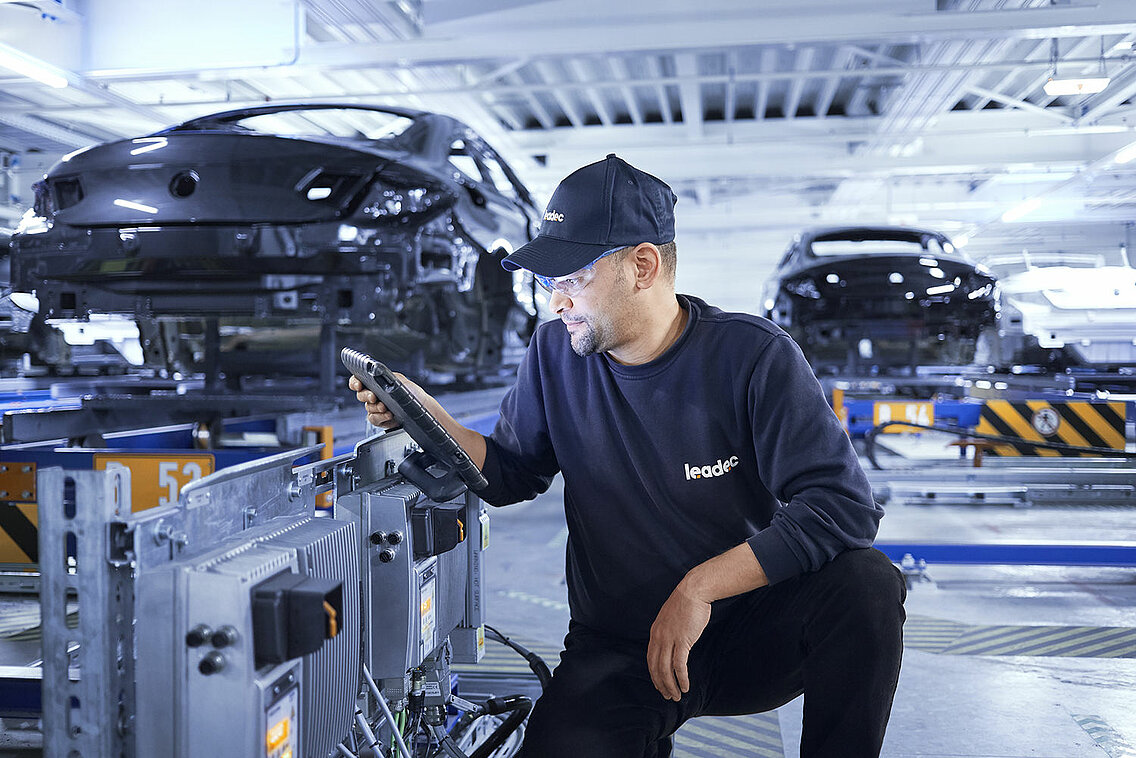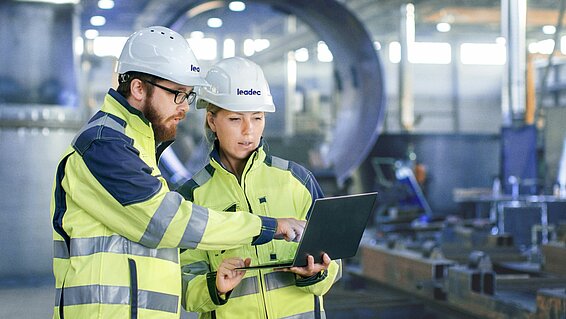Leadec sees itself as a winner of the transformation
Many automakers and automotive suppliers are struggling with the transition to electromobility. This is not the case with the industrial service provider Leadec. “For us, the transformation means significantly more opportunities. We have new players among manufacturers, be it in China or the United States. In addition, there are battery manufacturers and cell producers. Basically, that also means more factories that need to be looked after,” says Leadec CEO Markus Glaser-Gallion.
Leadec’s approximately 17,000 employees can be found at 350 locations around the globe. They mostly provide services for production facilities of car manufacturers such as VW, Daimler, BMW, Ford or General Motors. For example, Leadec takes over the maintenance of buildings or machines. The expertise extends to the design and implementation of a smart factory.



















